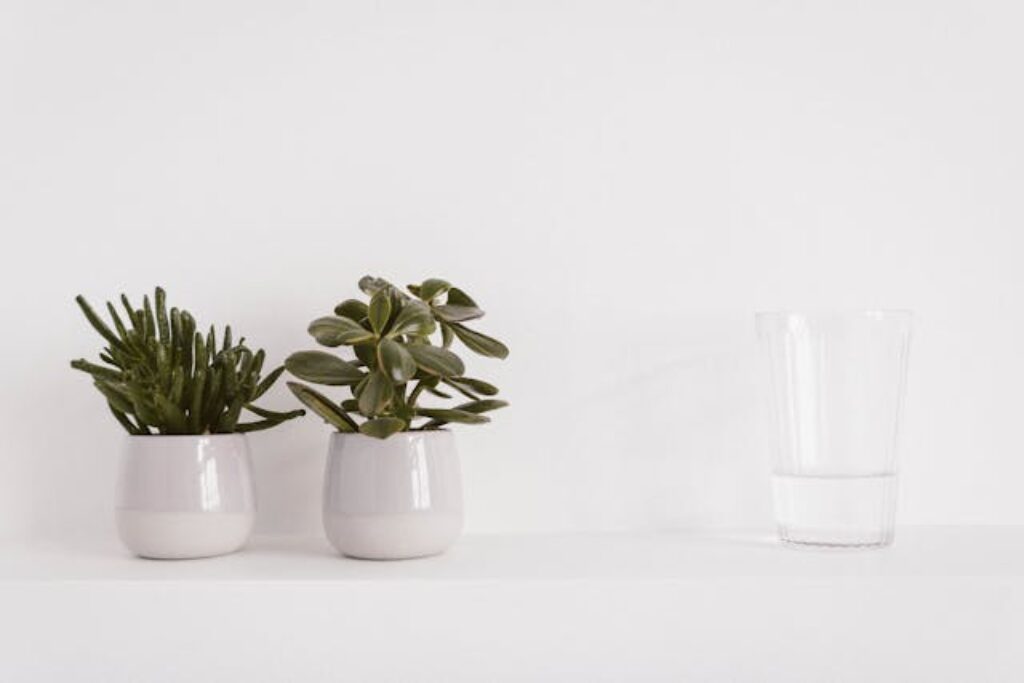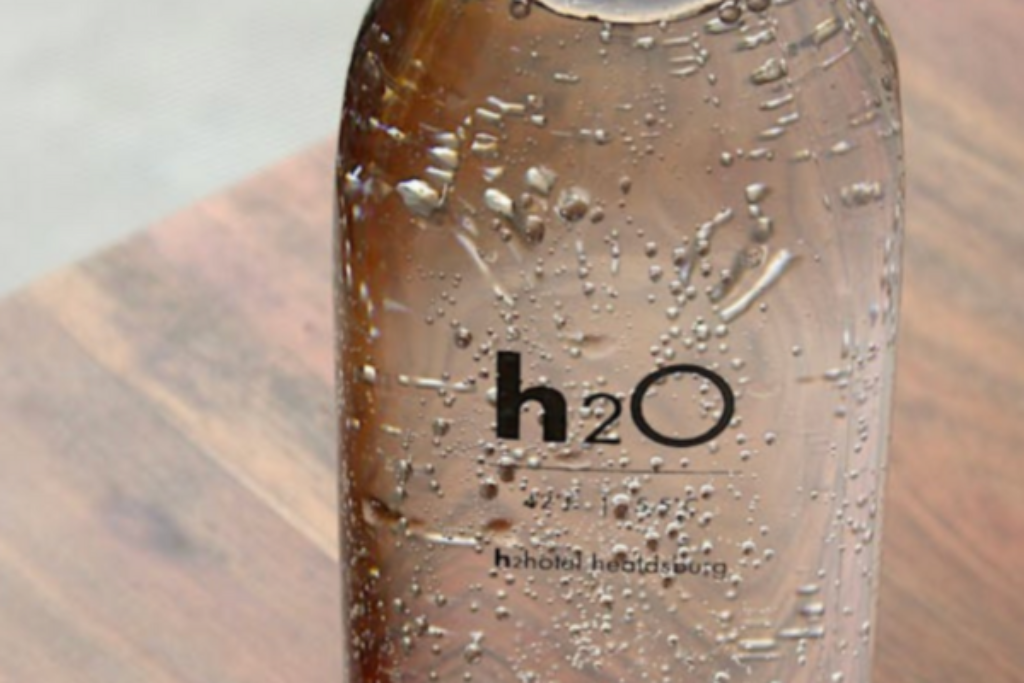Maintaining the balance of moisture in our skin is not just the foundation of beauty. It is the key to unlocking dewy, radiant complexion. But why do city dwellers often suffer from dry skin?
Common causes of dehydrated skin and dry skin
Dry skin or dehydrated skin can arise from a multitude of factors including environmental influences, daily habits, age-related changes, and health issues. Low humidity during winter or dry climates, prolonged hot showers, harsh or overly used skincare products, reduced skin oils with age, and certain health conditions or medications can all contribute to skin dryness.

Environmental factors are common causes. Dry or low-humidity settings can lead to moisture loss in the skin. During winter or in dry climates, the air tends to be drier, accelerating the evaporation of moisture from the skin’s surface. Harsh weather conditions like wind and cold can also dry out the skin, as can prolonged exposure to UV rays without adequate protection. Air conditioning, while essential to our daily lives and work, poses a challenge by reducing indoor humidity and leading to moisture evaporation, thus affecting the skin’s hydration barrier and causing dryness.
Do you love soaking in hot baths at home? Daily habit is also a matter. This might be part of the problem. Excessive exposure to hot water, especially during long showers or baths, can strip the skin of its natural oils. Cleansers with strong detergents can also damage the skin barrier and lead to dryness. Moreover, the overuse of skincare products can disturb the skin’s natural balance and cause dryness. Excessive exfoliation can remove necessary oils as well.
Some health conditions, like hypothyroidism and diabetes, can lead to dry skin. If your skin dryness is due to a health condition or medication, consulting a doctor is strongly recommended.
Hydration vs. moisturisation
Understanding the difference between hydration is crucial. Hydration mean adding water to the skin while moisturisation means locking in moisture and repairing the skin barrier is crucial. Only when these two work hand in hand, we can address the root cause of dryness, restoring elasticity and radiance to the skin.

Common hydrating ingredients
There are some common skincare ingredients that help hydration.
- Hyaluronic acid
- Aloe vera
- Glycerin extracted from plant
- Vitamin E
- Vitamin B5
Vegan skincare is becoming increasingly popular for its gentle yet effective approach to maintaining the skin’s natural balance, achieving ideal moisture levels.
Dehydrated skin vs. dry skin
These two conditions are often confused. Understanding the difference can lead to more effective hydration strategies. Dehydrated skin lacks water, while dry skin lacks oil.
How to hydrate and moisturise your skin
Developing a personal skincare routine is one approach. The basics include cleansing, toning, eye cream, serum, moisturiser, and sunscreen. Each step is crucial, especially cleansing and moisturising, providing the necessary nourishment and protection for the skin. Choosing products suited to your skin type like oily, dry, combination, or sensitive, is vital.
Additionally, you also need to pay attention to daily habits, including:
- Using a humidifier to increase air humidity
- Drinking plenty of water to maintain internal hydration
- Exfoliating no more than once or twice a week
- Applying sunscreen to protect the skin from damage
- Avoiding long hot showers
- Using natural moisturizing oils to lock in moisture
- Selecting gentle cleansers to preserve the skin’s natural oil balance
Hydration is not just a daily skincare routine. It is a reflection of a healthy lifestyle. Combining proper habits and skincare knowledge can significantly improve skin health, laying the foundation for a hydrated radiant complexion.





